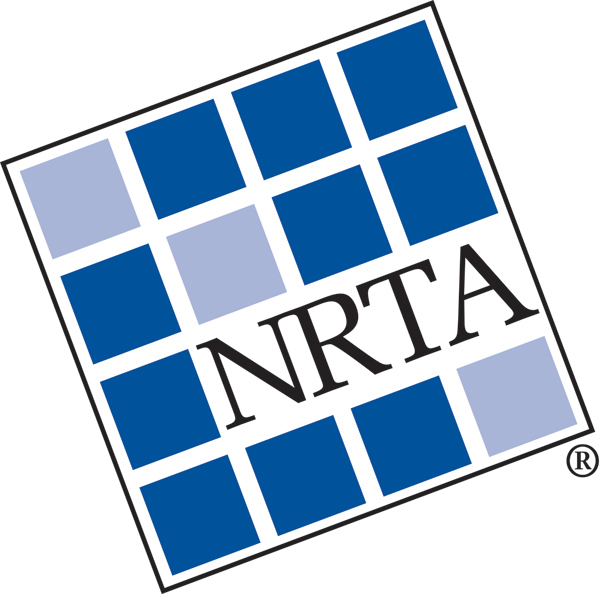“The nation’s major retail and restaurant groups are calling out the National Labor Relations Board’s expansion of the joint employer rule,” writes Marianne Wilson, editor-in-chief of Chain Store Age.
— The following news item originally appeared 10/26/23 at Chain Store Age. Used with permission.
THE NATION’s MAJOR retail and restaurant groups are calling out the National Labor Relations Board’s expansion of the joint employer rule.
The expanded rule, which takes effect on Dec. 26, treats companies as so-called “joint employers” when they have control, even if it not direct or exercised, over essential terms and conditions of employment such as pay, scheduling, hiring and firing. It makes it easier for workers and labor unions to hold companies liable for labor law violations by their franchisees and contractors.
In a statement Sean Kennedy, executive VP for Public Affairs at the National Restaurant Association, noted that nearly one-third of the restaurant industry operates under a franchisee-franchisor relationship and nearly all restaurants contract third parties for work like laundry or delivery.
“This means nearly every restaurant operator is now on a crash course to figuring out if they have a joint liability for the host of people working in their establishment,” Kennedy added. “And franchisees are suddenly having to come to terms with losing their independence in the eyes of the NLRB.”
Kennedy said the new rule, among other things, will potentially penalize a restaurant operator if she/he works with a third-party contractor (linens cleaner, janitor, plumber, etc.) who receives a labor violation.
“The rule upends employment policy, adopting a far-fetched definition of ‘employer’ based on ‘indirect or potential influence’ of an employee and then fails to define how ‘indirect control’ will count toward a joint employer relationship,” he said.
“The new NLRB joint employer rule is vague, unworkable and increases risks to businesses who operate dynamic, complex supply chains that rely on numerous business-to-business interactions,” stated Evan Armstrong, VP, workforce, Retail Industry Leaders Association. “This will ultimately lead to more litigation and less efficient retail supply chains.
Access the full article here.
